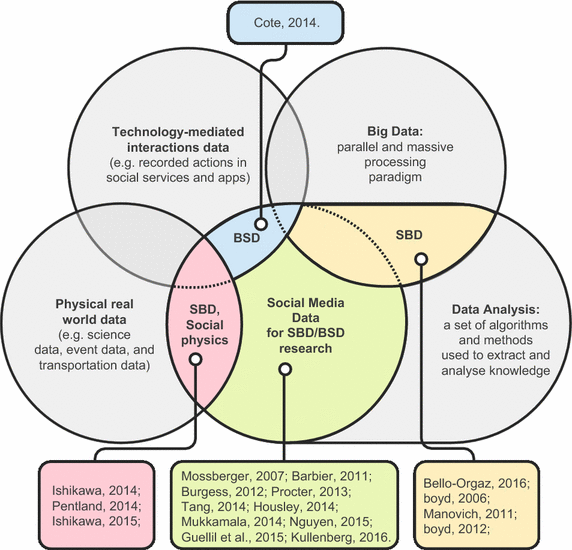
The use of big data is transforming the way we live, work, and interact with each other. By analyzing large datasets on consumer behavior, social media activity, and other cultural trends, big data is helping businesses and policymakers make better decisions to improve the efficiency and effectiveness of their operations. However, as big data becomes more ubiquitous, it also raises important cultural implications that need to be explored. In this article, we'll explore the ways that big data is affecting our culture and society and what implications this may have for our future.
The Benefits of Big Data
The use of big data offers a range of benefits, including:
- Improved Decision Making
One of the primary benefits of big data is the ability to make more informed decisions. By analyzing large datasets, businesses and policymakers can gain valuable insights into consumer behavior, social trends, and other cultural factors that can inform their decisions and strategies.
- Enhanced Efficiency
The use of big data can also enhance efficiency. By analyzing data on consumer behavior and other cultural trends, businesses can optimize their operations to better meet the needs of their customers and stakeholders.
- Better Resource Allocation
Big data can also help businesses and policymakers allocate their resources more effectively. By analyzing data on social trends and other cultural factors, they can identify areas where resources are needed most and allocate them accordingly.
The Cultural Implications of Big Data
While the use of big data offers many benefits, it also raises important cultural implications that need to be explored:
- Privacy Concerns
One of the biggest cultural implications of big data is privacy concerns. As more and more data is collected on individuals and their behavior, there is a risk that this information could be misused or exploited. There is a need for greater transparency and accountability around how data is collected, stored, and used.
- Bias and Discrimination
The use of big data can also perpetuate bias and discrimination. If data is collected from a biased or limited sample, this can lead to inaccurate or unfair conclusions. There is a need for greater diversity and representation in the data collection process to ensure that all perspectives are taken into account.
- Social Fragmentation
The use of big data can also contribute to social fragmentation. As data is analyzed on an increasingly granular level, there is a risk that individuals and communities could be reduced to data points rather than complex, nuanced beings. There is a need for greater emphasis on human connection and empathy in the data analysis process.
Conclusion
The use of big data is transforming our culture and society in many ways, offering benefits such as improved decision making, enhanced efficiency, and better resource allocation. However, it also raises important cultural implications that need to be explored, such as privacy concerns, bias and discrimination, and social fragmentation. As we continue to integrate big data into our lives, it is important that we do so in a way that is mindful of these cultural implications and that prioritizes the well-being of individuals and communities.